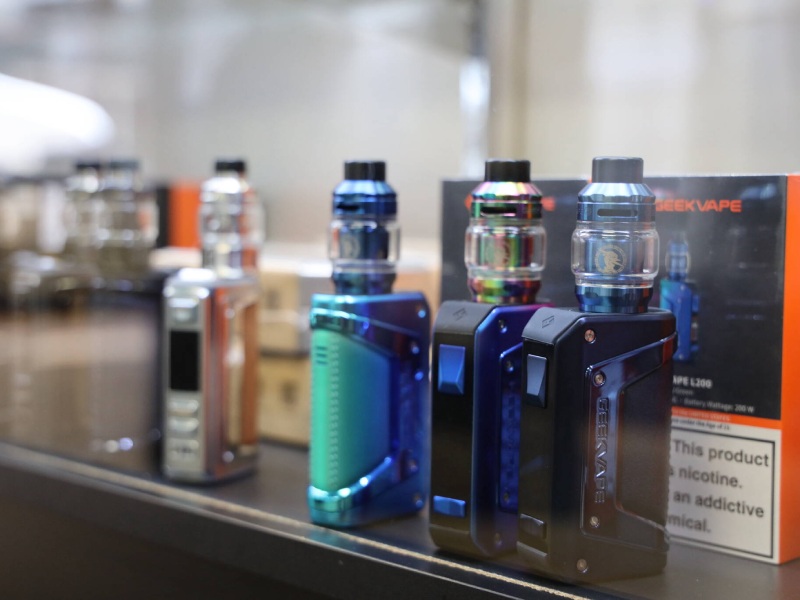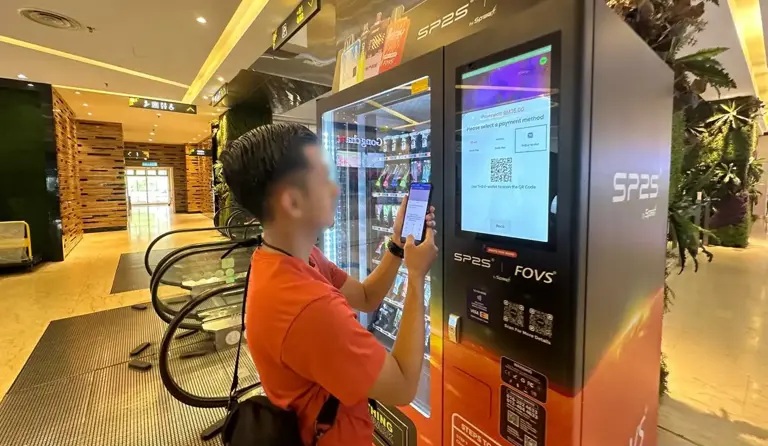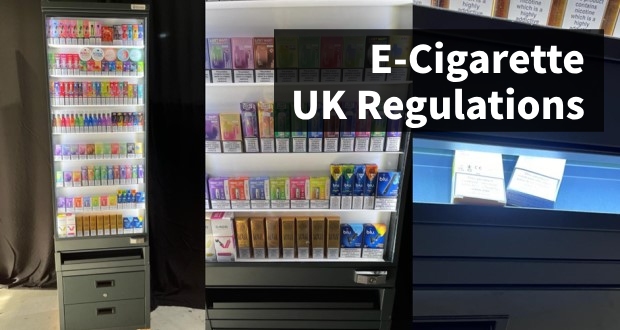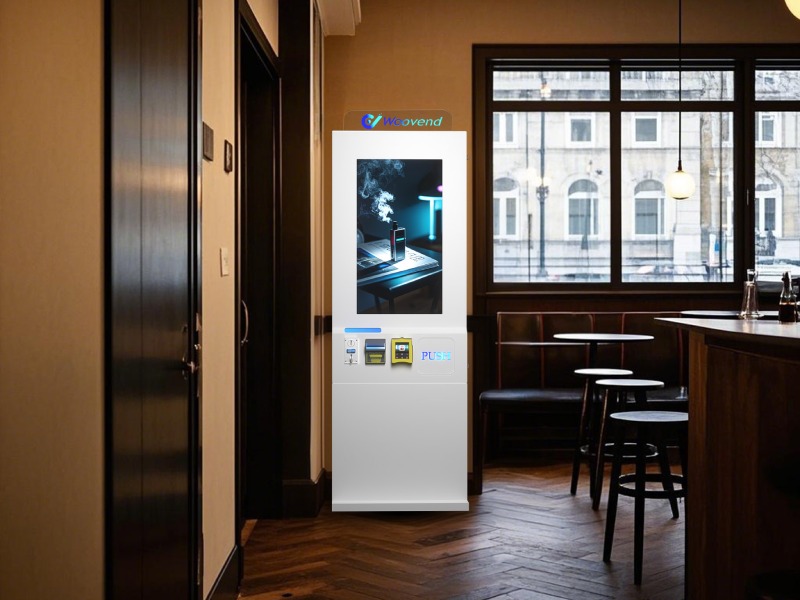Have you ever strolled through the streets of Japan and noticed how vending machines seem to pop up on every corner? From drinks and snacks to umbrellas and even vape products, these machines are a testament to Japan’s love for convenience. A few years ago, I decided to dive into this fascinating world and start my own vending machine business in Japan. Along the way, I learned valuable lessons and gained insights that I’m excited to share with you.
If you’re considering venturing into this unique industry, this guide will help you navigate the process, understand the legalities, and maximize your profits. Whether you’re intrigued by traditional vending machines or niche options like vape vending machines, there’s something here for everyone.
Why Start a Vending Machine Business in Japan?
Japan has over 5 million vending machines—one for every 25 people! This remarkable density reflects the country’s efficient infrastructure, high population density, and cultural appreciation for automation. But what does this mean for aspiring entrepreneurs? It’s simple: a proven market with steady demand.
I was initially drawn to the idea because of the low operational costs. Unlike physical stores, vending machines operate 24/7 without the need for staff. Plus, they’re versatile. From beverages to e-cigarettes, the range of products you can sell is vast.
The profit potential is another major draw. A well-placed machine can generate significant revenue, especially in high-traffic areas like train stations or office buildings.
| Category | Details |
|---|---|
| Licensing Requirements | Operators must register their vending machines with local government offices. |
| Permits for Specific Products | Special permits are required for items like alcohol, tobacco, and e-cigarettes. |
| Age Verification | Machines selling restricted items (e.g., alcohol, tobacco, vape products) must include age-verification systems. |
| Contact Information | Operator’s name, contact number, and address must be clearly displayed on each machine. |
| Placement Restrictions | Machines cannot obstruct public pathways and must comply with local zoning laws. |
| Safety Standards | Machines must meet electrical safety and fire prevention standards. |
| Regular Maintenance | Operators are responsible for maintaining hygiene and operational safety. |
| Product Labeling | Items must be clearly labeled with pricing and product details in Japanese. |
| Sales Tax Compliance | All machines must include appropriate sales tax in displayed prices. |
| Environmental Requirements | Machines must adhere to energy efficiency standards and display energy ratings. |
Japan’s Vending Machine Regulations
Understanding Japan’s Vending Machine Regulations
One of the first hurdles I faced was understanding the regulations. Japan has strict rules to ensure consumer safety and compliance. For example, all vending machines must display the operator’s contact information, and certain products, such as vape items or e-cigarettes, require specific permits.
I consulted with a local business consultant who helped me navigate these requirements. It’s crucial to research the laws related to your products. For instance, vape vending machines are heavily regulated and often require age-verification technology to comply with laws on underage sales.
Initial Costs and Budget Planning
Starting a vending machine business isn’t as costly as opening a retail shop, but it does require an upfront investment. When I started, I budgeted around ¥1,000,000 for my first machine, which covered the cost of the machine, stocking products, and initial setup fees.
If you’re looking to minimize costs, consider leasing a machine instead of purchasing one outright. Maintenance is another expense to factor in, but it’s manageable with regular servicing. For those interested in vape vending machines, keep in mind that the technology for age verification can add to the initial investment.
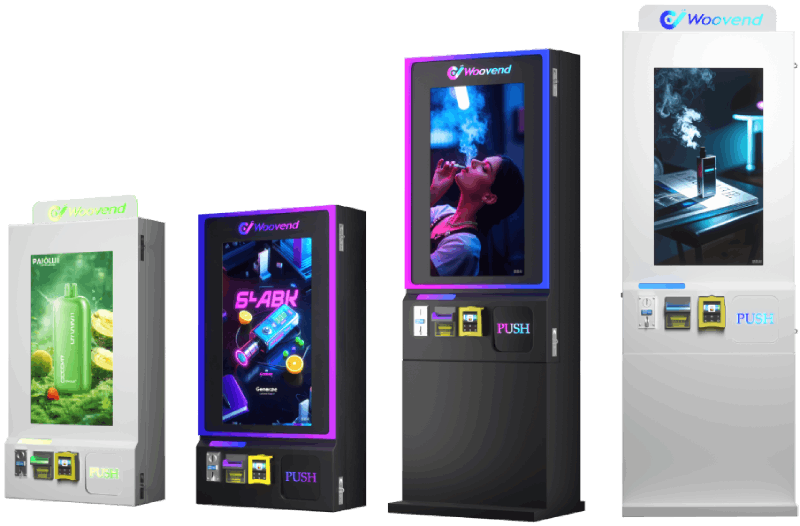
Choosing the Right Vending Machine and Products
The type of vending machine you choose can make or break your business. I started with a beverage machine because drinks are a staple in Japan. Later, I diversified by adding a vape vending machine to tap into a growing market.
When selecting products, think about your target audience. Office areas might prefer coffee and energy drinks, while residential neighborhoods could benefit from snacks or household essentials. For e-cigarettes or vape products, urban areas with younger demographics are ideal.
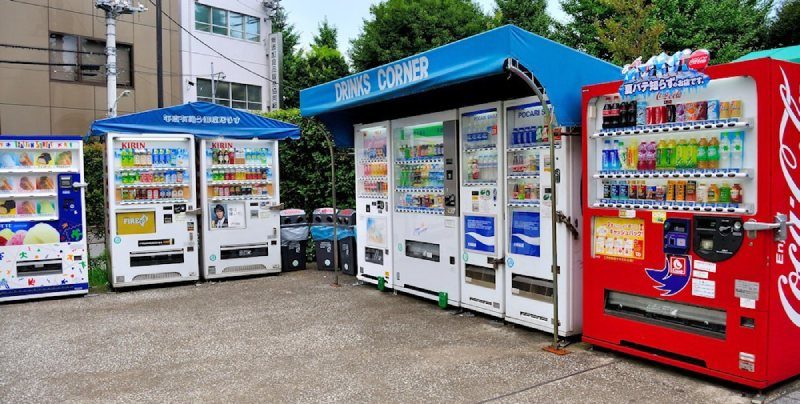
Finding the Best Locations for Your Machines
Location is everything. During my research, I discovered that high-traffic areas like train stations, shopping malls, and tourist spots are prime locations. However, these spots often come with higher placement fees.
I negotiated with local property owners for placement deals. For instance, placing a vape vending machine near nightlife districts was a strategic decision that paid off. Always scout the area and observe foot traffic before committing to a location.
Maintaining and Growing Your Business
Running a vending machine business isn’t entirely hands-off. Machines need regular restocking, cleaning, and maintenance. I use software to track sales and determine which products are performing best.
Expanding your business is the next step once you’re comfortable with one or two machines. Over time, I added more machines and experimented with niche products like health drinks and e-cigarettes. Staying updated on trends and consumer preferences is key to staying competitive.
Conclusion
Starting a vending machine business in Japan is a rewarding venture for those willing to put in the effort. With the right planning, product selection, and location strategy, you can build a profitable business that runs almost autonomously.
My journey has been full of challenges and successes, and I hope this guide inspires you to take the leap. Whether you’re considering traditional machines or exploring niche markets like vape vending machines, the opportunities in Japan are vast. Ready to get started? Let your entrepreneurial journey begin today!
